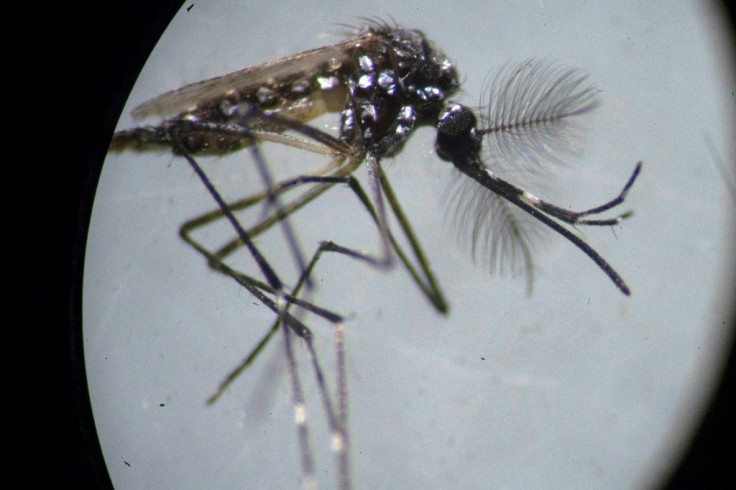Hiding Human Scents From Mosquitoes Turns Out To Be A Tricky Affair
KEY POINTS
- Aedes aegypti is a well-known "vector of several viruses"
- Researchers found that its individual nerve cells can detect many smells
- The study has opened up opportunities to better handle the deadly species
Mosquitoes have an acute sense of smell. These bloodsuckers can sense human odor especially well with us being their primary targets. Numerous experiments going as far as hiding these scents from these insects already failed in the past, but a new study has found that these tiny aviators have a trick up their sleeves.
Aedes aegypti is a well-known "vector of several viruses" like dengue, zika and chikungunya. Interestingly, the study, published in Cell Press on Aug. 18, opened up opportunities to better handle this deadly species.
In their paper, researchers from the Rockefeller Institute in New York and Baylor College of Medicine in Houston discovered that as opposed to each nerve cell detecting one particular odor in most animals, Aedes aegypti's individual nerve cells can detect many smells.
Hiding human odor from the bloodsucking insects is harder than we thought.
— Science News (@ScienceNews) August 18, 2022
https://t.co/eLM60J4xah
"Mosquitoes are responsible for more human deaths than any other creature," study co-author Olivia Goldman, a neurobiologist at Rockefeller University, said, as per ScienceNews. "The better we understand them, the better that we can have these interventions."
The results of the study provided the most detailed map of mosquitoes' sense of smell. Since these insects have more than one way of smelling us, a cell's loss of ability to sense one odor may still allow it to sense other smells. We can infer from this experiment that obstructing human-associated smells from the mosquito may not be our best bet.
"Maybe instead of trying to mask them from finding us, it would be better to find odorants that mosquitoes don't like to smell," Anandasankar Ray, a neuroscientist at the University of California, Riverside who wasn't involved in the study, said, according to the outlet.
Mosquitoes search for body heat and body odor to fine-tune their hunt. They make use of their antennae and small appendages close to the mouth to detect these cues. There are three types of sensors present in the olfactory nerve cells of mosquitoes that can detect chemicals such as carbon dioxide from our breath or components of body odor.
Goldman and colleagues marked A. aegypti neurons with fluorescent labels to uncover details about how the mosquito brain could decipher human smells. To their surprise, the team found that individual mosquito neurons seemed more like sensory hubs rather than a single type of sensor per nerve cell.
Some nerve cells were found to produce electrical signals when confronted with mosquito-attracting chemicals found in humans such as octenol and triethyl amine. It was a sign that the neurons could detect more than one type of odor molecule, researchers noted in their paper.
A separate study published in eLife in April found similar results in the fruit flies, giving rise to the suspicion that such a system may be common among insects.
Thinking about the evolutionary advantage of this system, study co-author Meg Younger, a neurobiologist at Boston University, said, "Different people can smell very different from one another," according to ScienceNews.
"Maybe this is a set up to find a human regardless of what variety of human body odor that human is emitting," she added.

© Copyright IBTimes 2024. All rights reserved.





















